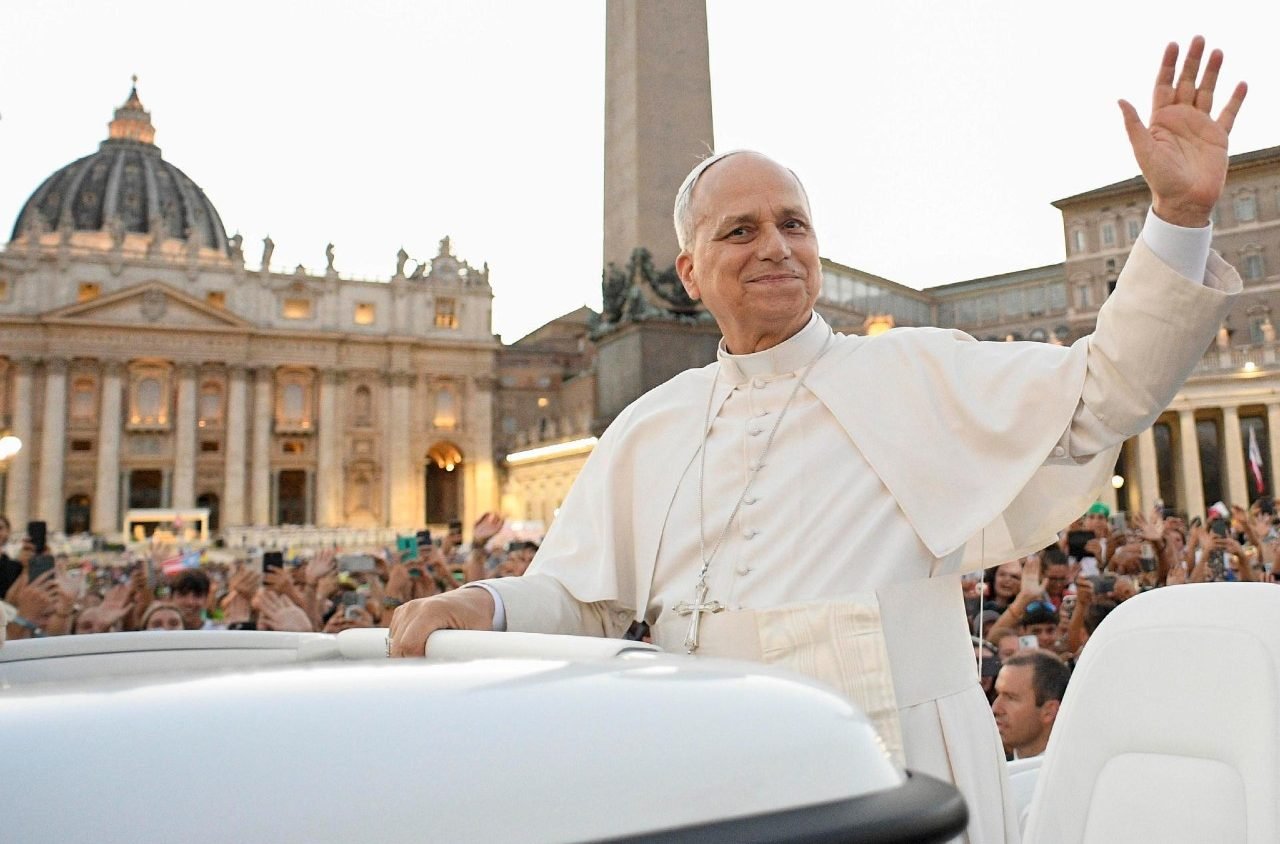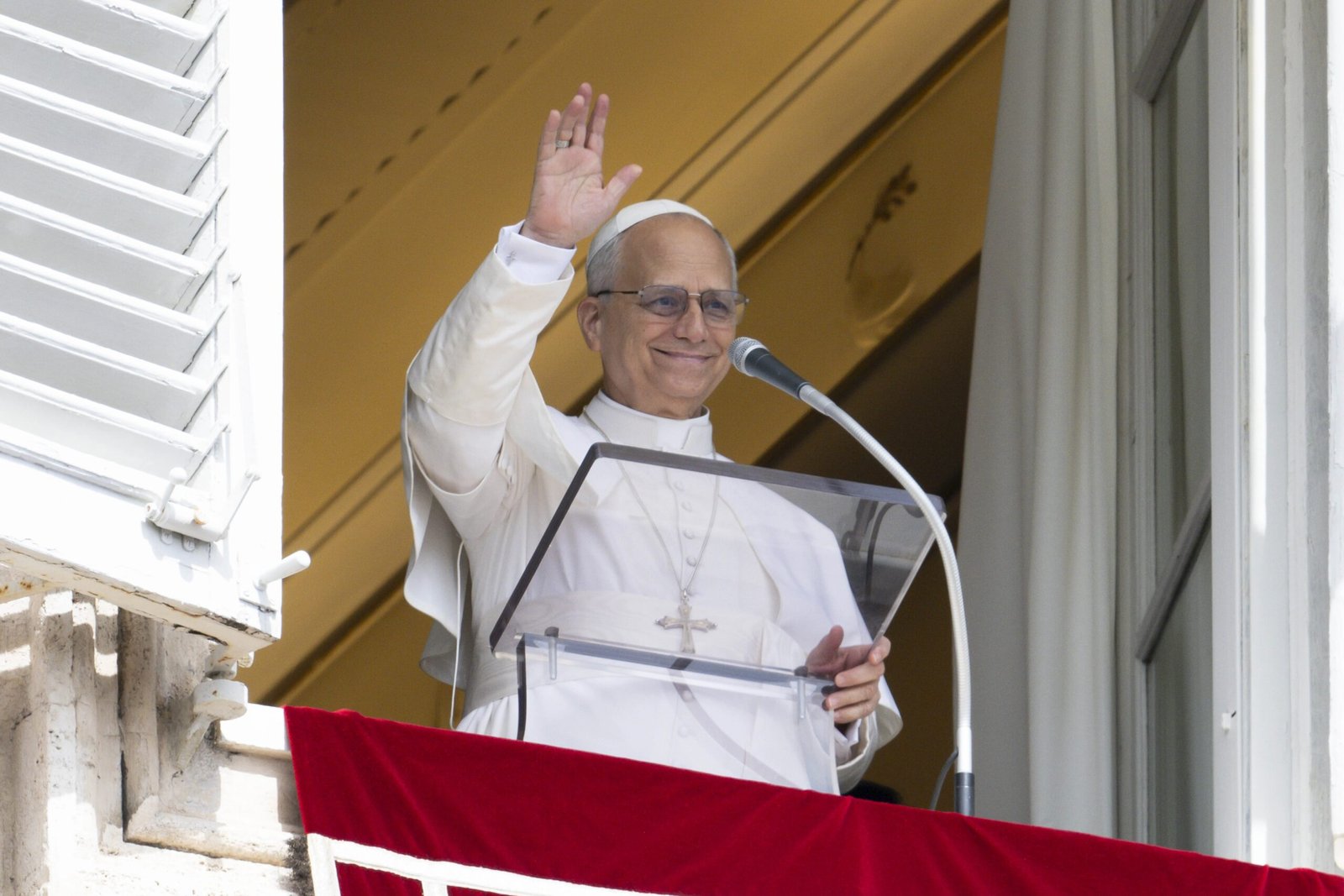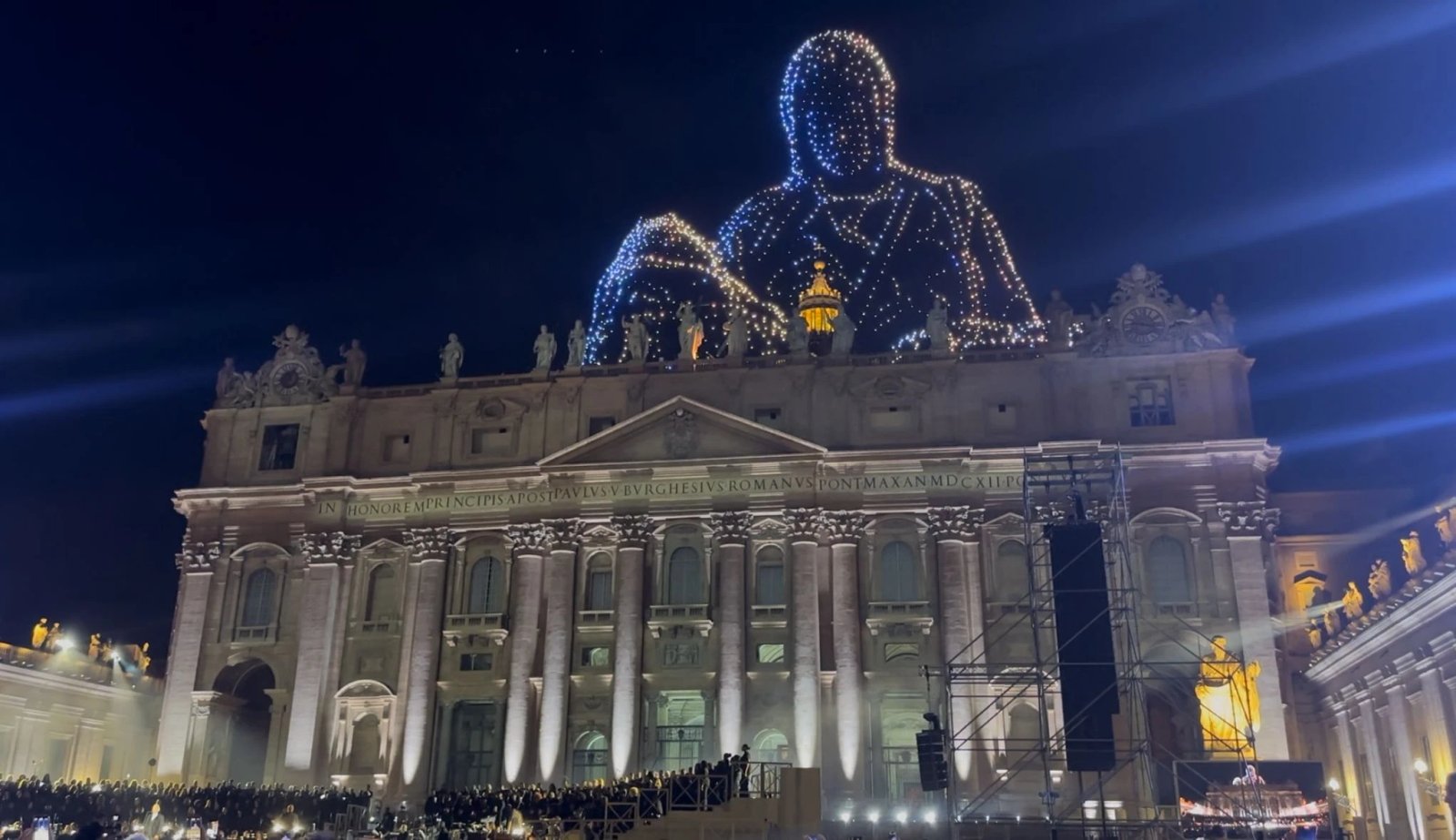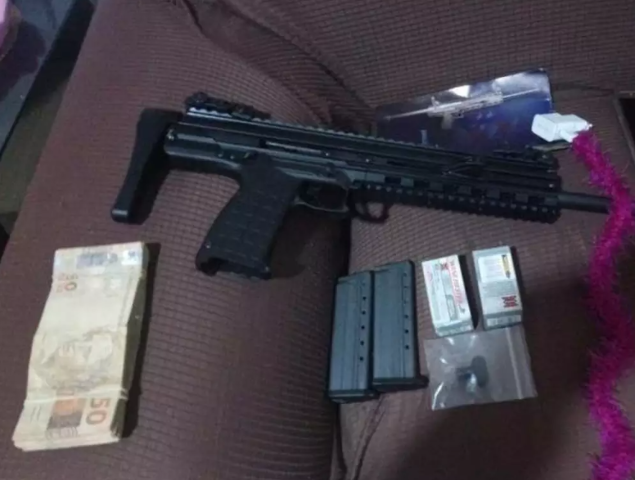Excerpts from the interview granted by Pope Leo XIV to journalist Elise Ann Allen for the book “Leo XIV: Citizen of the World, Missionary of the 21st Century”, to be released on 18 September, have been published by Crux and El Comercio.
Salvatore Cernuzio – Vatican City
The role of the Pope, his many commitments, the public dimension even of a phone call, and then peace—the very peace invoked since his first appearance from the Loggia of Blessings, which is “the only answer” in this world scarred by conflicts and “pointless killings.” And then: his appeal for dialogue, synodality as an “antidote” to polarizations, and finally a reference to his U.S./Peruvian ‘identity’ and who he we will be rooting for during the upcoming World Cup.
These are some of the topics covered in a series of excerpts, previewed by Crux and El Comercio, from Pope Leo XIV’s interview with Crux journalist Elise Ann Allen, the first interview he has granted since his election.
The conversation—recorded partly in Castel Gandolfo and partly at his residence in the Palazzo del Sant’Uffizio—accompanies the Allen’s biography of the Pope, León XIV: ciudadano del mundo, misionero del siglo XXI (“Leo XIV: Citizen of the World, Missionary of the 21st Century”), which will be published in Spanish by Penguin Perú on September 18, with English and Portuguese editions to follow.
Between the United States and Peru
On Sunday, September 14, on the occasion of the Holy Father’s 70th birthday, the publication of several segments of the interview reveals new details about Robert Francis Prevost, Pope Leo XIV, beginning with his attachment to the United States, his homeland, and to Peru, the land of his missionary activity.
“I’m obviously an American and I very much feel that I’m an American, but I also love Peru very much, the Peruvian people, so that is a part of who I am,” he says, adding, “Half of my ministerial life was spent in Peru, so the Latin American perspective is very valuable to me.”
‘I’m learning a lot’
With regard to the Chair of Peter, which he assumed on 8 May 2025, Pope Leo says, “There’s still a huge learning curve ahead of me, I think.” The “pastoral part” has so far been the easiest, the Pope says.
“The total new aspect to this job is being thrown onto the level of world leader,” Pope Leo continues. “It’s very public, people know the phone conversations or meetings I’ve had with the heads of state of a number of different governments, countries around the world, in a time when the voice of the church has a significant role to play.”
The Pope also explains that he is learning a great deal about the Holy See’s diplomatic role: “Those things are all new to me, in any sense of ‘hands-on’ … I’m learning a lot and feeling very challenged, but not overwhelmed.”
The Holy See’s peace efforts
With regard to efforts to promote peace, Pope Leo – responding to a question about the war in Ukraine –recalls first and foremost the appeals launched in recent months, lifting his voice to repeat that “peace is the only answer.”
“The useless killing after these years of people on both sides – in that particular conflict, but in other conflicts – I think people have to somehow be wakened up to say, there’s another way to do this,” he says.
Concerning the Vatican’s offers to act as a mediator in conflicts, including the possibility of hosting negotiations between Russia and Ukraine, Pope Leo stresses that “the Holy See, since the war began, has made great efforts to maintain a position that … [is] truly neutral.”
Making warring parties say ‘Enough!’
For the Pope, the priority today is for “a number of different actors … to push hard enough to make the parties that at war say, ‘Enough is enough’, and let’s look for another way to solve our differences.”
Still, he says, “We keep hoping. I believe strongly that we cannot give up hope, ever.” While acknowledging the reality of “bad actors” and “temptations,” Pope Leo says it is nonetheless possible “to encourage people to look at higher values, the real values, that make a difference.”
And, he says, “You can have hope, and you keep trying to push and say to people, ‘Let’s do this in a different way.’”
Polarization, crises, divisions
Pope Leo, therefore, calls for “dialogue” and promotes it through meetings with world leaders and multinational organizations.
“In theory, the United Nations should be the place where many of these issues are dealt with,” he says. “Unfortunately, it seems to be generally recognized that the United Nations, at least at this moment in time, has lost its ability to bring people together on multilateral issues.
For Pope Leo, it is important “to continue to remind ourselves of the potential that humanity has to overcome the violence and the hatred that is just dividing us more and more.”
Recognizing that we live in times of polarization – especially after the crisis of 2020, and also in times of lost values – Pope Leo says: “The value of human life, of the family, and the value of society. If we lose the sense of those values, what matters anymore?”
He also points to “the continuously wider gap between the income levels of the working class and the money that the wealthiest receive.”
The Pope notes that “CEOs that 60 years ago might have been making four to six times more than what the workers are receiving, the last figure I saw, it’s 6,600 times more than what average workers are receiving.”
On this point, the Pope says he also read that Elon Musk, American entrepreneur and founder of Tesla and SpaceX, will be the world’s first trillionaire: “What does that mean and what’s that about? If that is the only thing that has value anymore, then we’re in big trouble…”
Synodality as a way forward together
Pope Leo XIV devotes considerable time to answering a question about the concept of synodality, which he says “means each and every member of the Church has a voice and a role to play through prayer, reflection… through a process.”
“Some people have felt threatened by that,” the Pope says. “Sometimes bishops or priests might feel, ‘synodality is going to take away my authority.’”
However, he explains, “That’s not what synodality is about, and maybe your idea of what your authority is is somewhat out of focus, mistaken.”
Instead, Pope Leo says, “I think that synodality is a way of describing how we can come together and be a community and seek communion as a church, so that it’s a church whose primary focus is not on an institutional hierarchy, but rather on a sense of ‘we together’, ‘our church’.”
According to Pope Leo, this is an attitude that can “teach a lot to the world today.” He says it is not about trying to transform the Church into some kind of democratic government, which, if we look at many countries around the world today, democracy is not necessarily a perfect solution to everything.”
Instead, he says, it is about “respecting, understanding the life of the Church for what it is and saying, ‘We have to do this together.’”
World Cup 2026
The interview also touches on the 2026 FIFA World Cup, with Allen asking who he will be rooting for when the United States plays Peru.
“Good question,” Leo replies: “Probably Peru and just because of affective bonds, if you will. I’m also a big fan of Italy…”
Then, referring to his well-known support for his local professional baseball team, Pope Leo explains, “People know I’m a White Sox fan, but as pope, I’m a fan of all the teams.”
The excerpts from the interview with Pope Leo XIV can be found on Crux.






